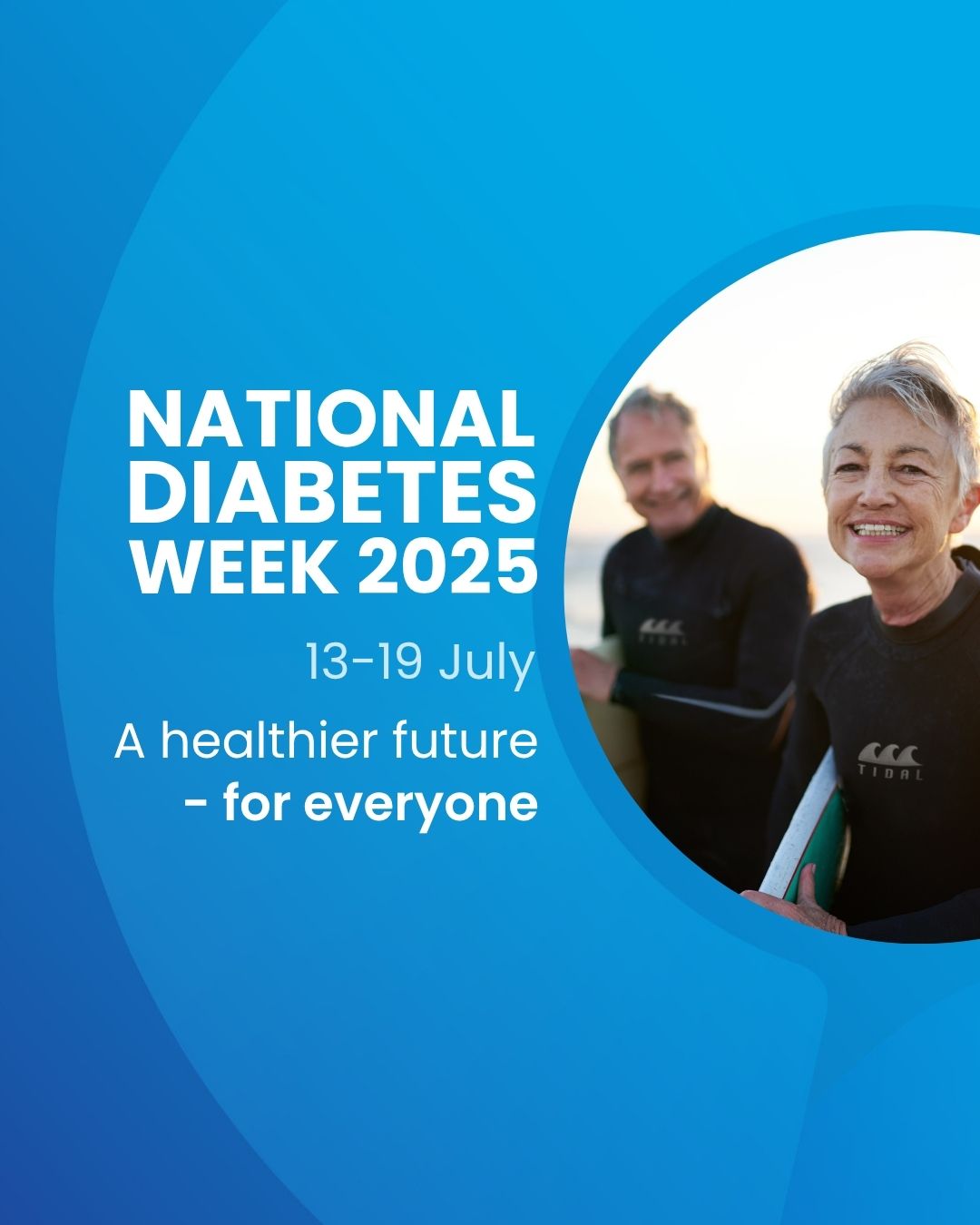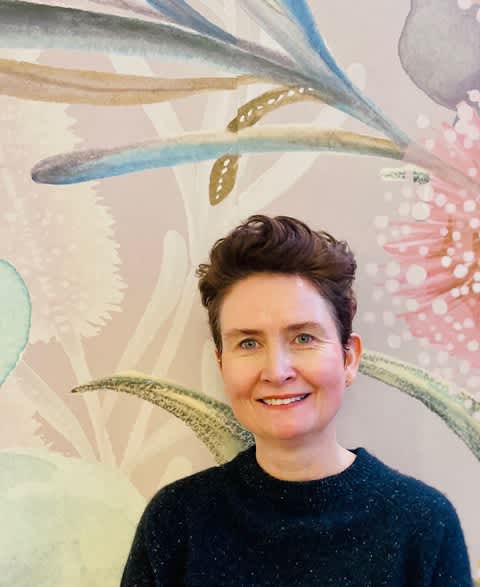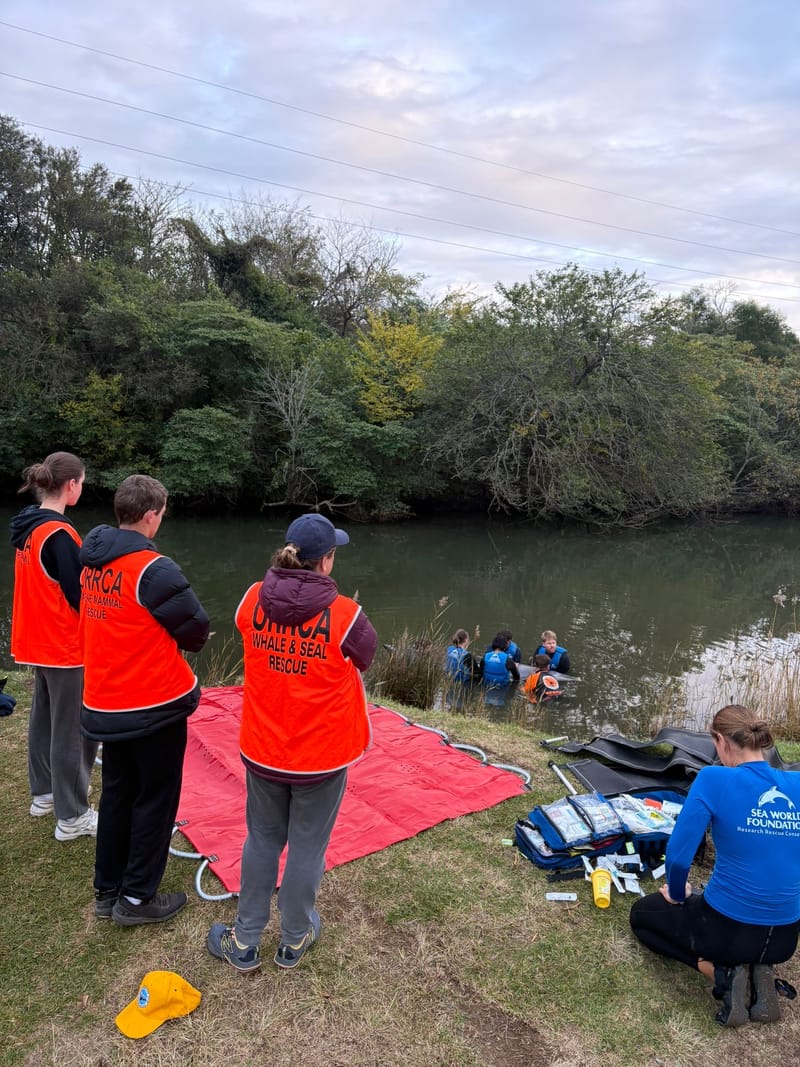Exercise and healthy diet the key to avoiding diabetes
"Keep moving"! That's the simple advice on how we can try to avoid getting diabetes from a Wollongong-based expert. During National Diabetes Week (13-19 July) Diabetes Australia is highlighting the importance of prevention, to reduce adding to the...

"Keep moving!" That's the simple advice on how we can try to avoid getting diabetes from a Wollongong-based expert.
During National Diabetes Week (13-19 July), Diabetes Australia is highlighting the importance of prevention, to reduce adding to the already two million Australians living with the condition.
Pharmacist and diabetes educator Karina Bronska, from Wollongong's Young Street Medical, encourages her patients to minimise the risk of getting diabetes. That’s one of the key aims of this Diabetes Week; prevention being better than cure.
"Can we manage it with lifestyle rather than medication? That's always my aim,” Karina said.
She says regular exercise and a healthy balanced diet is the secret to prevention.

Diabetes diagnosis is done with a blood test referred by the patient’s GP.
“Diabetes is essentially too much sugar or glucose in our body, which significantly increases the risk of heart disease, cancer, infections and dementia,” Karina said.
“When there is too much sugar or glucose in our blood, it damages everything in our body, as blood takes the sugar literally everywhere. Therefore managing diabetes progression has a very positive effect on our overall future health.”
The most prevalent type of diabetes in type 2 diabetes.
“Type 2 diabetes is a very long progression from making too much insulin, which causes abdominal weight gain, to eventually having too much glucose in your blood,” Karina said.
“My approach is to help patients prevent type 2 diabetes if they already have insulin resistance or prediabetes, and to put type 2 diabetes into remission if they’ve been recently diagnosed. This is very possible with therapeutic carbohydrate restriction, intermittent fasting and exercise.
“My general advice for people at risk of type 2 diabetes is to eat more quality protein, healthy fats such as extra virgin olive oil and avocado, and lots of non-starchy vegetables, and eliminating starchy processed foods. This way of eating keeps us feeling full, our energy levels stable and our blood glucose levels low.
"I encourage a lower carbohydrate diet, balanced with either an increase in fat or protein depending upon the patient's needs. It isn't about lowering calories by eating carrots and lettuce all day."
Karina said she'd noticed a big change in what's considered to be the best dietary advice over the past decade.
"Advising people to lower their carbs intake is now much more mainstream and acceptable. It used to be a taboo topic and I'm very glad that's changed in recent years."
Karina also encourages regular exercise. "For those who aren't exercising at all, I just suggest they keep moving. It's not about doing a three-hour hike every Sunday. Try to get 15 to 20 minutes' exercise every day.
"When exercising, more than half the exercise should involve resistance, such as weights, not just cardio."

The Group CEO of Diabetes Australia, Justine Cain, says the seriousness of diabetes is often underestimated. "Heart attacks, stroke, kidney disease and amputations are just some of the complications.
"We need every Australian to know the warning signs that can present quickly. Common symptoms include increased thirst, fatigue, passing urine more frequently, and sudden weight loss, depending on the type of diabetes," Justine said.
"The good news is that together, we can reduce the health impact of diabetes for individuals and reduce the cost to our healthcare system. That's why Diabetes Australia is starting a national conversation.
"You can be part of the conversation about prevention by speaking with members of the diabetes community about their lived experience and rising awareness in your circle of influence."
To learn more about Diabetes YOUnited and the Diabetes Week prevention campaign visit diabetesaustralia.com.au





